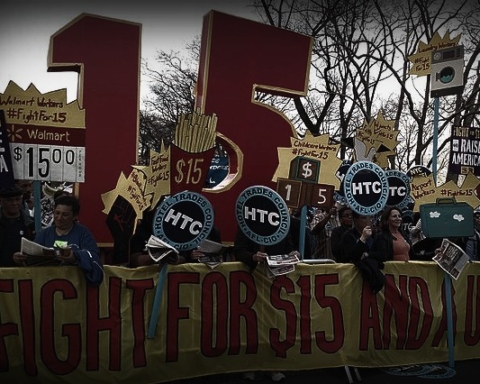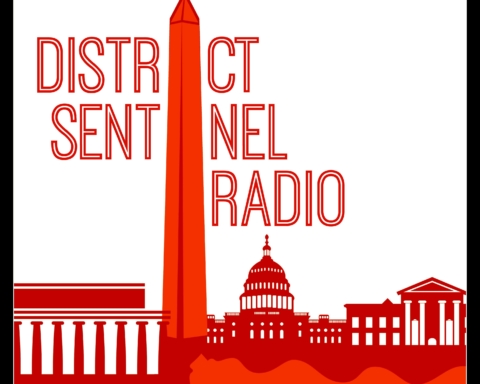The Environmental Protection Agency published a paper late Friday, which concluded that a key ingredient in a Monsanto-manufactured herbicide doesn’t cause cancer.
Glyphosate, which is an integral part of Round-Up—a heavily-used chemical in the cultivation of genetically-modified crops–was declared “not likely to be carcinogenic to humans.”
The declaration comes ahead of a final agency assessment on glyphosate. EPA officials told Politico last week that the ruling is expected early next year. It is already two years late, the newspaper noted.
The EPA decision doesn’t mark a departure from prior policy. It does, however, come in the wake of a decision last year by the International Agency for Research on Cancer to consider glyphosate as “probably carcinogenic to humans.” The IARC is part of the United Nations’ World Health Organization.
“The report didn’t look at approved uses or exposure levels, but rather just if it’s possible for the chemical to cause cancer,” Politico noted.
Since then, there have been studies conducted that have refuted IARC claims. Both the European Food Safety Agency and the UN Food and Agriculture Organization concluded that glyphosate is probably not carcinogenic.
The EPA turned heads earlier in May, with its research on glyphosate, when it published a paper on the chemical only to remove it from the internet. The report, which declared glyphosate non-carcinogenic, was pulled, the agency told Reuters, “because our assessment is not final.” Officials said the paper was “preliminary” and published “inadvertently.”
Concerns over glyphosate came up in July, during the debate over legislation that preempted state laws that required clear labeling for genetically modified products. The bill, which was signed into law by President Obama in August, prohibited rules enforced this year for the first time by Vermont.
Sen. Jeff Merkley (D-Ore.), a proponent of labeling laws, said that research has shown glyphosate might be a carcinogen, and that consumers should have the right to know if food products have been altered to withstand heavy applications of the chemical.
“There are many different pieces where consumers have a legitimate concern and it’s their right to decide,” Merkley said.
Last week, Monsanto made headlines when the company agreed to be taken over by German chemical giant Bayer, for $66 billion. The proposed merger is still awaiting antitrust regulators’ approval on both sides of the Atlantic.







